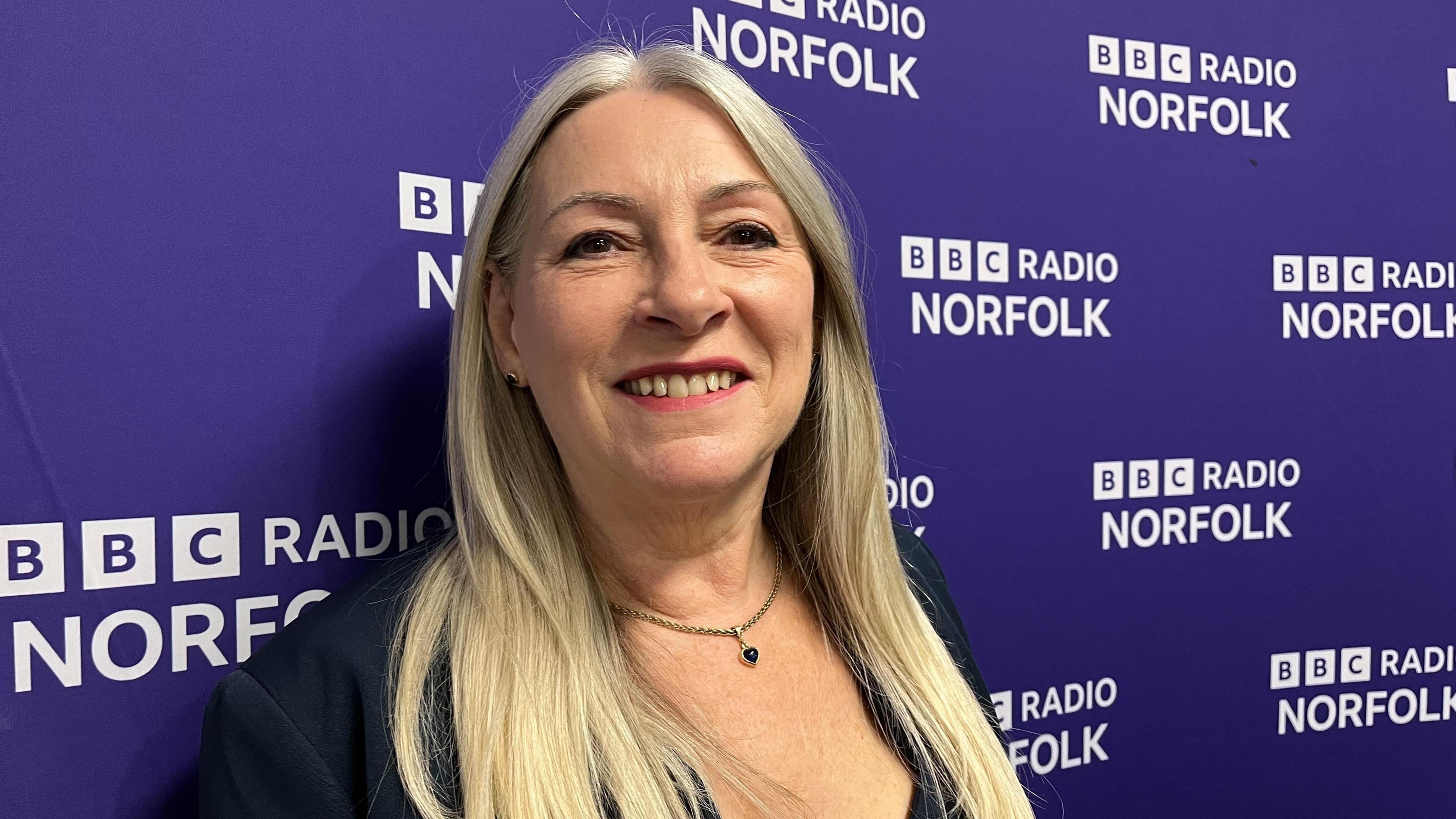Decision on devolution deal for Norfolk delayed
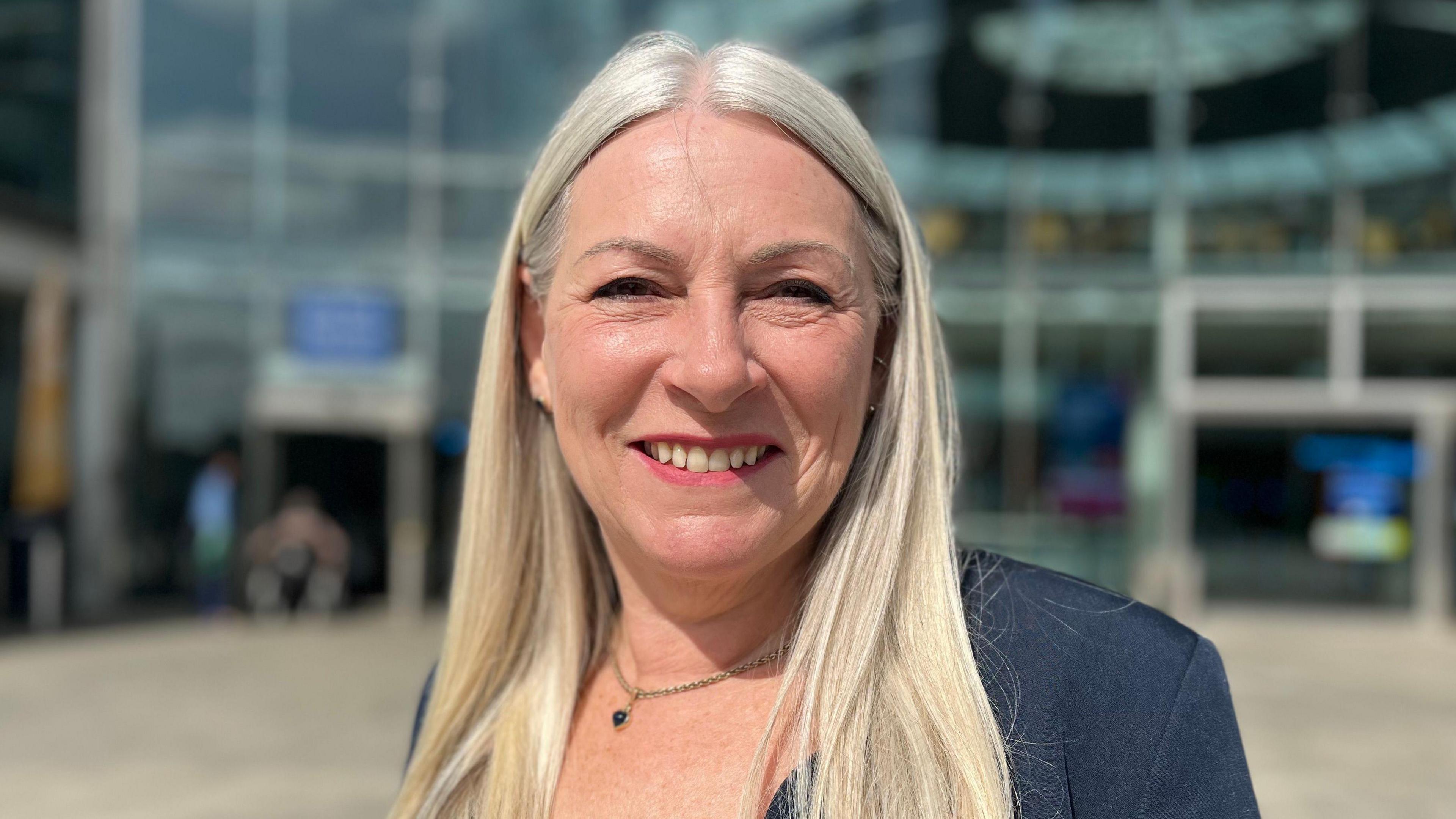
Conservative council leader Kay Mason-Billig said she was told it would be "prudent" to delay a decision on devolution
- Published
A decision on a plan to make big changes to how Norfolk is run has been put off until the new government settles in.
The county council was set to vote on a devolution deal which would see it receive additional money and more powers if it had a directly-elected council leader.
But the authority has chosen to delay a decision on the matter following the general election earlier this month.
Conservative Kay Mason-Billig, the council leader, said she had been told by the government it would be “prudent” to wait until later in the year.
She told a meeting of the full council she understood that civil servants wanted to gather more information to brief government ministers.
“I’m still getting the same encouragement from the new Labour government as I was from the last Conservative one on devolution. However, a new government understandably want to do devolution their own way,” she said.
Under the existing plan for devolution, Norfolk would receive an extra £600m from the government over the next 30 years, which it could borrow against to fund major projects, along with extra money for adult education and housebuilding.
It would involve the council having a directly-elected leader, with an election for that post expected to take place next year.
The proposed deal is not universally popular, with critics pointing out that the additional funding would not be linked to inflation and would therefore be worth less over time.
They have also argued that Norfolk would receive fewer powers and less money than if it had a directly-elected mayor, like regions such as the West Midlands and North Yorkshire.
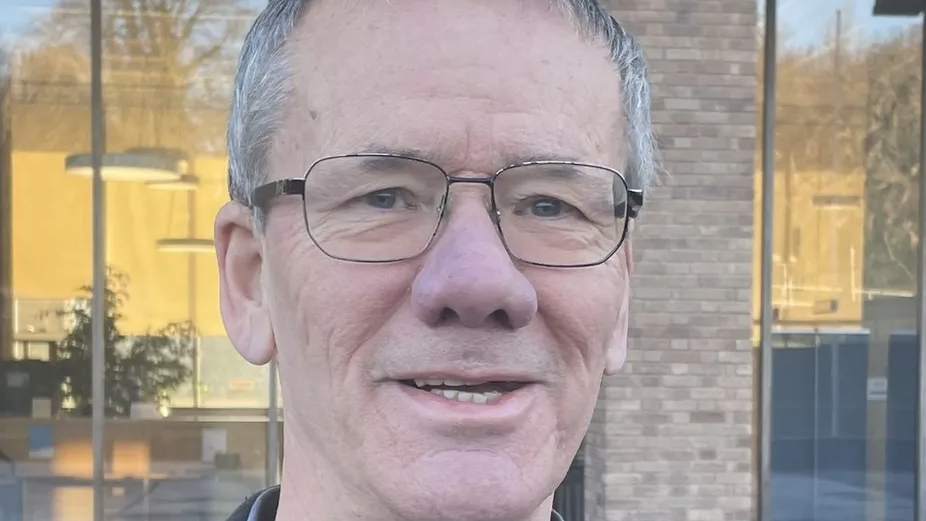
Liberal Democrat Brian Watkins said a devolution deal was "not a dead parrot"
Brian Watkins, leader of the Liberal Democrats, the largest opposition group on the council, backed the idea of delaying a decision and said it would be “unwise” to proceed whilst there was uncertainty over what deal the council might get.
“This is not the beginning of the end for devolution in Norfolk,” he said.
“Rather, it is just the end of the beginning – there is still all to play for.”
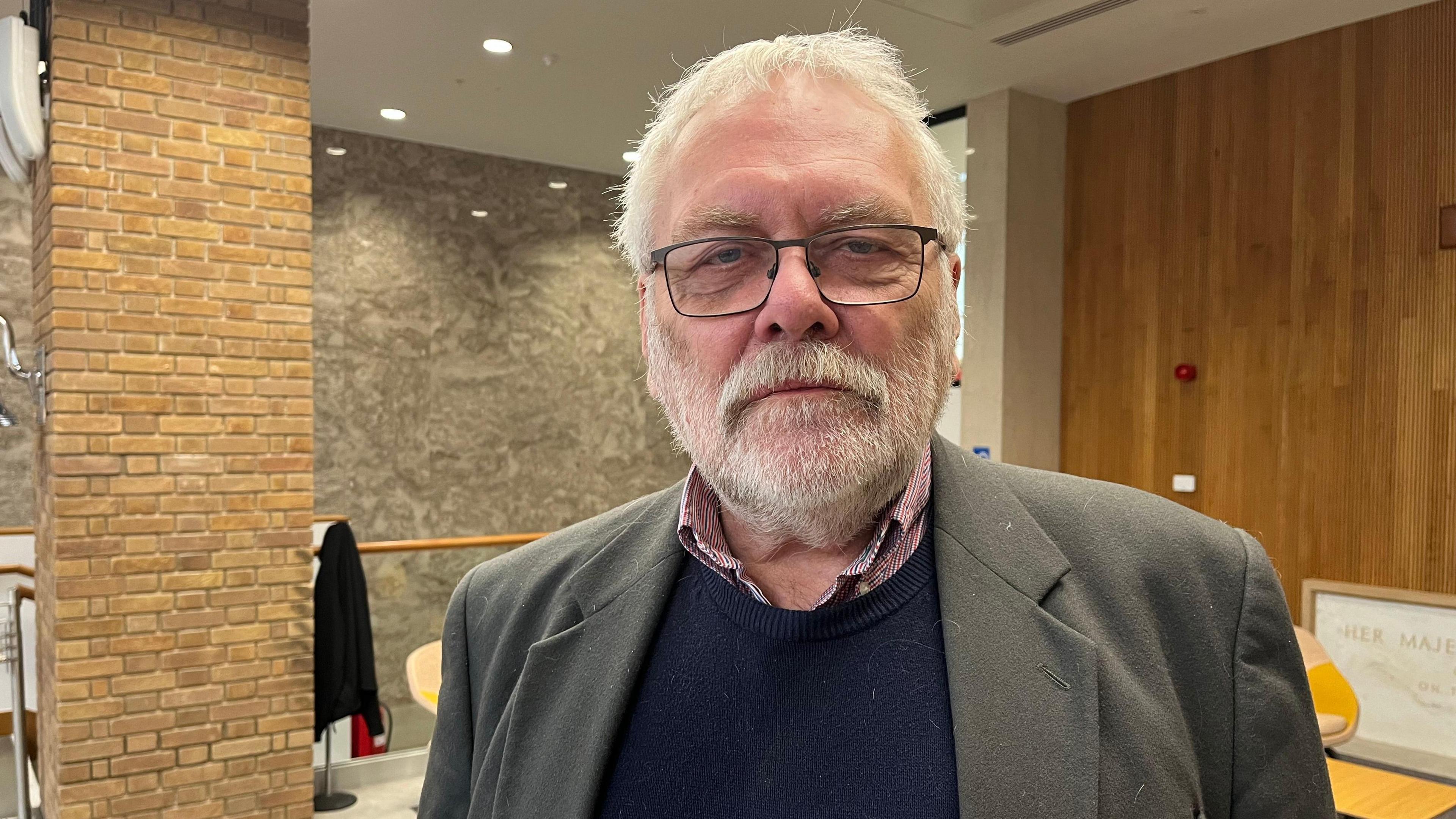
Labour's Steve Morphew said he hoped a better deal for Norfolk could be agreed
The other party leaders also supported putting off making a decision.
Labour’s Steve Morphew said he thought it could lead to a better deal being offered further down the line.
“I have been very critical of the County Deal we’ve got at the moment, because it’s not good enough," he said.
"It doesn’t actually reflect the kind of ambition that we should have.”

Green group leader Ben Price said he hoped there would be a deal that was better for the environment
Meanwhile, the Green Party's Ben Price said the existing offer “lacks environmental safeguards” and he hoped an alternative one would promote “green infrastructure and ensuring that all development projects contribute to our goal of becoming a carbon-neutral county”.
In an unusual move, all councillors present at the meeting voted in favour of postponing a decision until later in the year.
Ms Mason-Billig said she hoped to meet local government minister Jim McMahon in September to discuss the matter further.
The Ministry of Housing, Communities and Local Government has said "devolution is central to the government’s mission to boost economic growth".
Last week, Deputy Prime Minister Angela Rayner said: "I want to work with more places to help them use these enhanced powers - because I want to drive growth in every part of the country."
Get in touch
Do you have a story suggestion for Norfolk?
Follow Norfolk news on BBC Sounds, Facebook, external, Instagram, external and X, external.
Related topics
Related stories
- Published16 July 2024
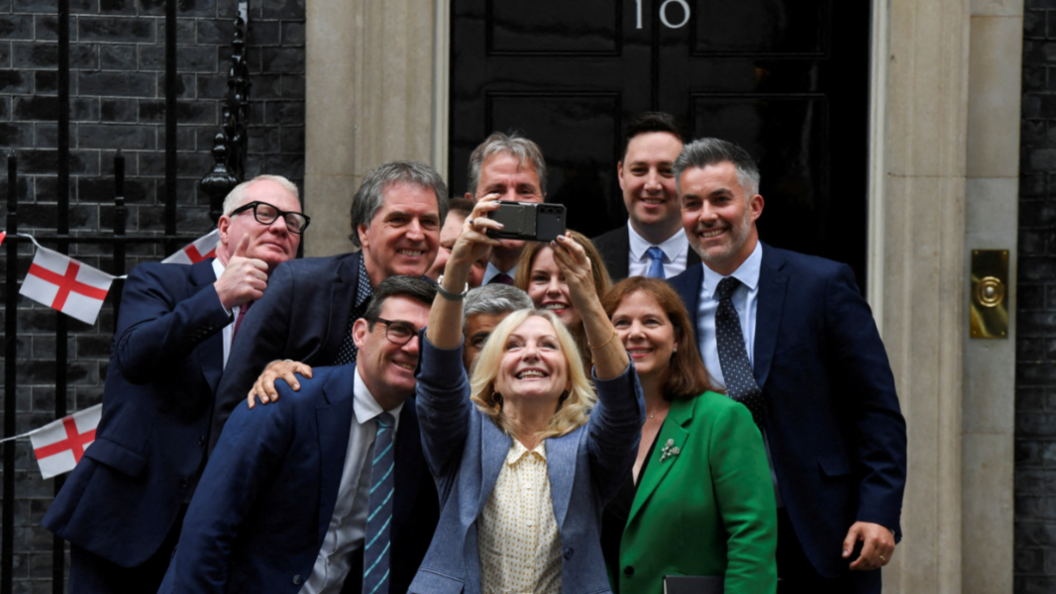
- Published17 July 2024
